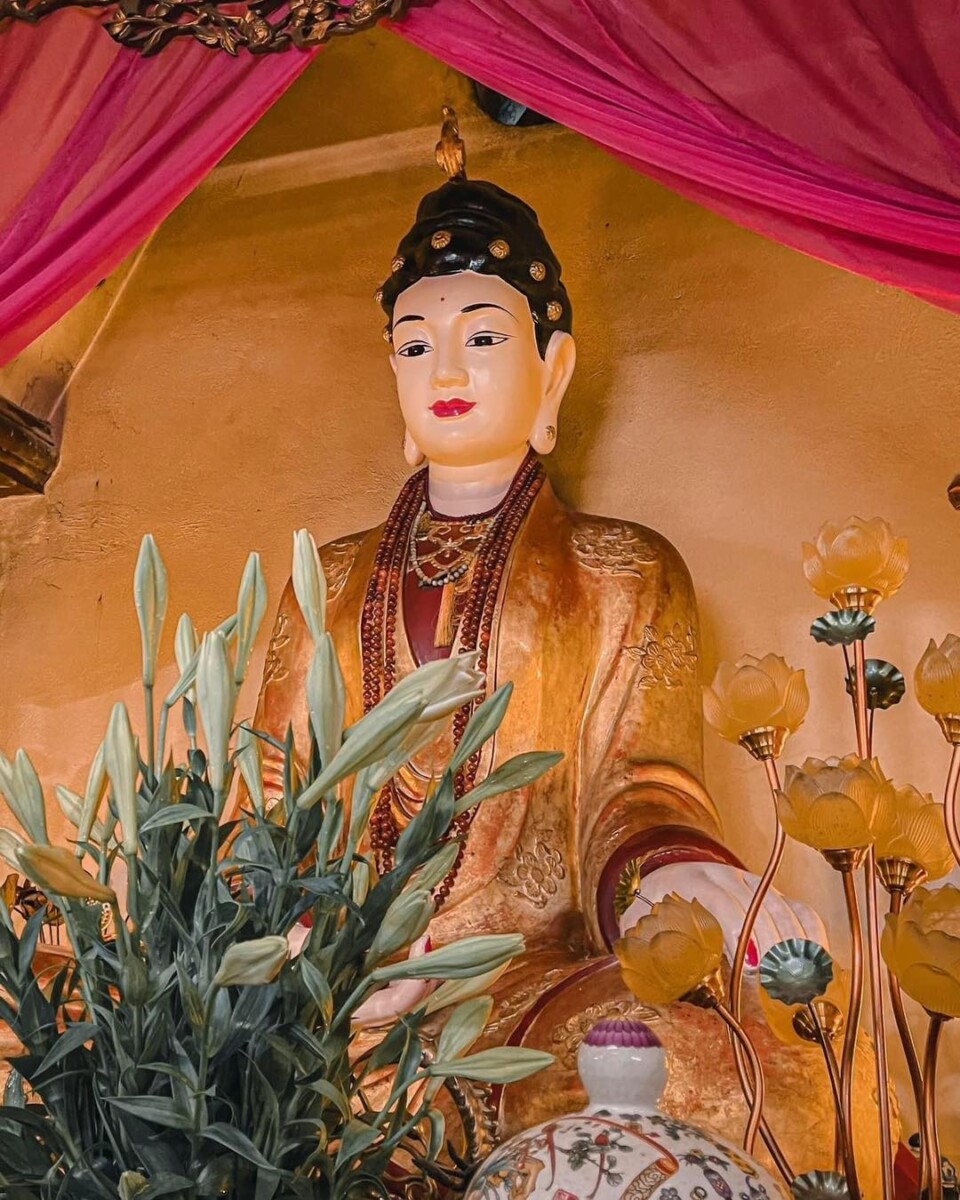
“And thus, the concept of “Mother Goddesses” was formed. For the heavens, there is a Mother Heaven; for the waters, a Mother Water; and for the mountains, a Mother Mountain. Scholars, with their academic prowess, crafted elaborate titles such as the Mother Goddesses of the Heaven Palatium, the Water Palatium, and the Forest Palatium. However, the common folk preferred to refer to them in a more familiar and intimate manner: Mother Heaven, Mother Water, and Mother Mountain. These figures constitute the trio of the Mother Goddess of the Three Palaces belief, representing the realms of Heaven, Water, and Mountain.
In addition to these three realms, there was a need for a realm representing humans, which led to the creation of the Mother Goddess of Earth. This Mother Goddess of Earth, according to Vietnamese folk beliefs, differs significantly from the Western concept of Mother Earth (Mère Terre). Our Mother Earth is, in fact, the Mother of the human realm, not a deity of the physical earth. Although she is referred to as the Mother Goddess of the Earth Palace, she is not the mother of fields and villages, but the mother of life itself.
The Vietnamese people chose a figure from the earthly world rather than a distant, mythical goddess: Liễu Hạnh, a multifaceted and vibrant symbol, an extraordinary yet relatable character.
In Liễu Hạnh, we find a lover, a wife, and a mother. She appears in various forms: sometimes as a young girl, sometimes as a youthful goddess, sometimes as a writer, and sometimes as a female general. She embodies the essence of a Vietnamese woman with all her capabilities and potential. Liễu Hạnh has become Mother Vietnam in the legendary sense, representing the sincere admiration and expectations that ordinary people have of her.”
(“Research on Traditional Vietnamese Culture”, Associate Professor Vũ Ngọc Khánh, p. 343, Education Publishing House in Đà Nẵng City, 2007)







